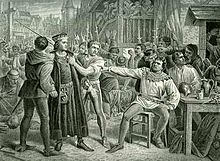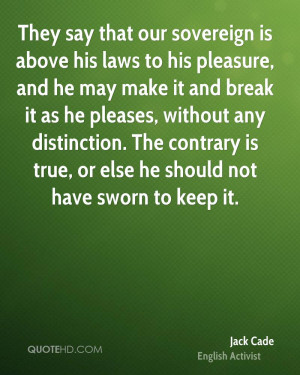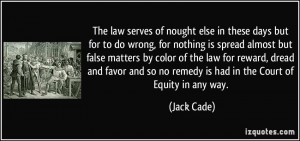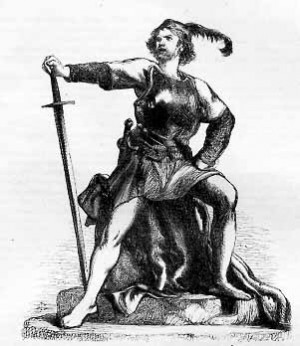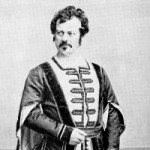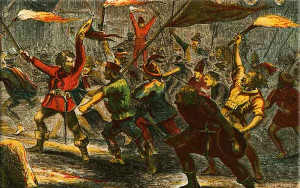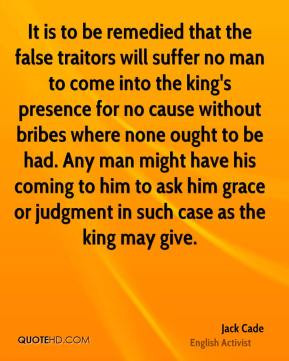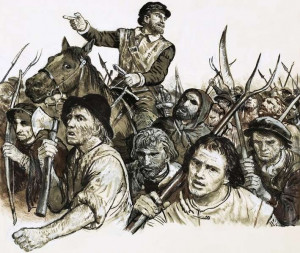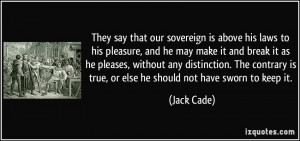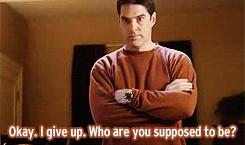Jack Cade — English Activist
Jack Cade was the leader of a popular revolt against the government of England in 1450. At the time of the revolt, the weak and unpopular King Henry VI was on the throne. While little is known about the rebel leader himself, the events of the rebellion to which he gave his name are well recorded in fifteenth-century chronicles. The Jack Cade Rebellion stemmed from local grievances concerned about the corruption and abuse of power surrounding the king's regime and his closest advisors. Furthermore, the rebels were angered by the debt caused by years of warfare against France and the recent loss of Normandy. Leading an army of men from Kent and the surrounding counties, Jack Cade marched on London in order to force the government to end the corruption and remove the traitors surrounding the king's person. Despite Cade's attempt to keep his men under control once the rebel forces had entered London they began to loot. The citizens of London turned on the rebels and forced them out of the city in a bloody battle on London Bridge. To end the bloodshed the rebels were issued pardons by the king and told to return home. Cade fled but was later caught on 12 July 1450 by Alexander Iden, a future High Sheriff of Kent. As a result of the skirmish with Iden, Cade was mortally wounded before reaching London for trial. The Jack Cade Rebellion has been perceived as a reflection of the social, political and economic issues of the time period and as a precursor to the Wars of the Roses which saw the decline of the Lancaster dynasty and the rise of the Yorks. The Jack Cade Rebellion was the largest popular uprising to take place in England during the 15th century... (wikipedia)
